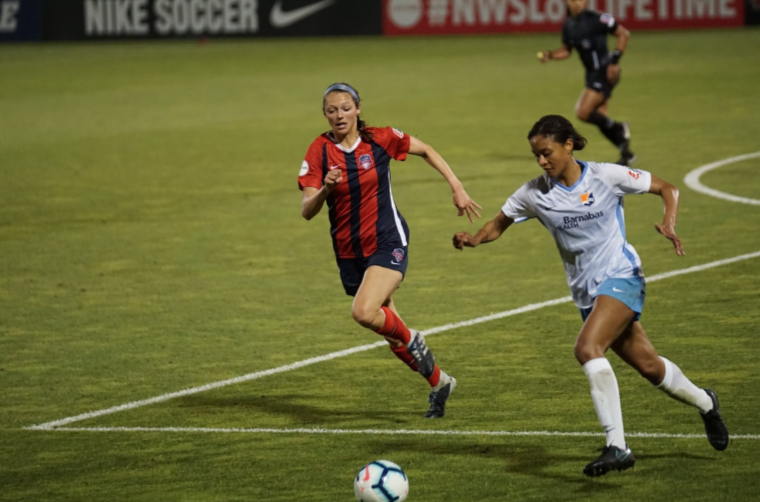Welcome to 7D Athletics - Athlete Development Experts
We are currently conducting athlete evaluations for the 2024-2025 program. Learn more & Register here
We are currently conducting athlete evaluations for the 2024-2025 program. Learn more & Register here

Early development period focused on fundamental movement skills through informal experiences and play.
Skill acquisition and coordination acquired through running, jumping, kicking, and the introduction to safe training and movement techinques all lay the foundation for more complex motor and cognitive skills to prepare children for a physically active lifestyle.
Continued development and refinement of fundamental movement skills and the beginning of basic sports skills to prepare athletes for more advanced skill development in future stages. Athletes are encouraged to participate in multiple sports and activities to help with development of fundamental movement skills, motor development, and love of sports.

This is an important stage of learning and skill development. Stage includes more accelerated learning of coordination and motor control. Continued encouragement for athletes to participate in multiple sports.
Group interaction, team building and social activities should be emphasized. A balance of practices and racing will promote continued development, mastery of skills, and practical application of skills within a competitive environment.
This stage builds on the foundation for sport participation. This includes further development of sport specific skills, introduction to competition, and beginning to emphasize support training to continue development of speed, strength and endurance. Athletes should consolidate sport specific technical skills in the later time period of this stage. Social and emotional considerations are addressed by placing an emphasis on team-building, group interaction and social activities.

This stage prepares athletes for the competitive environment, continues to refine technical skills and the ability to adapt to training and competitive environments.
The focus is on optimizing fitness preparation and to begin to specialize in sport-specific training individualized to the athlete’s particular needs in skill development, mental preparation, fitness and recovery. Social, emotion and school commitments should continue to be addressed along with mental skills that contribute to performance.
Transfer from the training environment to a competitive environment is the core focus of this stage. Athletes must consolidate technical skills and maintain ancillary skills and underlying physical capacities. During this stage training volume remains high while intensity increases with the importance of competitions. Personal development and cognitive skills are introduced. The training season is typically extended and is disciplined and sport-specific.

HomeCourt ShotScience